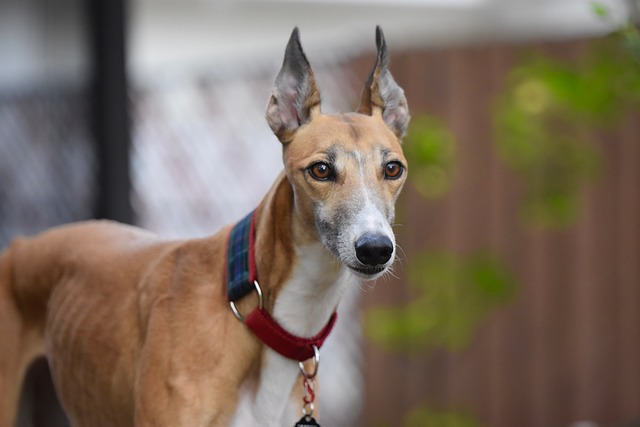Hearing your French bulldog struggle to breathe feels like a vice tightening around your heart. These pint-sized pups with their squished faces already battle airflow challenges, and a respiratory infection can turn that struggle into a real crisis. Let’s break down what this condition means for your furry friend—and how you can keep them healthy.
Respiratory infections in French bulldogs aren’t just sniffles. Picture your dog gasping for air, their nostrils flaring with each shallow breath. Coughing fits that sound like honks or goose-like wheezes are common, along with sneezing, runny eyes, and nasal discharge that might be clear or thick and yellow. Some dogs lose their appetite or seem lethargic, huddled in a corner instead of bounding up for playtime. These symptoms aren’t just uncomfortable—left untreated, they can quickly escalate.
What causes these infections? Viruses like canine parainfluenza and canine adenovirus are often culprits, easily spread in places where dogs gather, like dog parks or boarding facilities. Bacteria can also invade, especially if your dog’s immune system is weakened. In many regions, local laws mandate vaccinations to prevent these viral threats, and skipping them isn’t just risky—it can violate animal welfare regulations. French bulldogs’ brachycephalic anatomy compounds the problem; their narrow airways make it easier for infections to take hold.
 Environmental factors play a huge role too. Damp, cold weather can irritate a Frenchie’s sensitive respiratory tract, while exposure to secondhand smoke or harsh household chemicals can trigger issues. If you live in an area with strict housing codes for pets, ensuring proper ventilation in your home isn’t just a courtesy—it’s a legal requirement in some places. Even overcrowding can contribute; dogs need space to breathe freely, and cramming too many animals together increases the risk of infection spread.
Environmental factors play a huge role too. Damp, cold weather can irritate a Frenchie’s sensitive respiratory tract, while exposure to secondhand smoke or harsh household chemicals can trigger issues. If you live in an area with strict housing codes for pets, ensuring proper ventilation in your home isn’t just a courtesy—it’s a legal requirement in some places. Even overcrowding can contribute; dogs need space to breathe freely, and cramming too many animals together increases the risk of infection spread.
Diagnosing a respiratory infection requires a vet’s expertise. They’ll listen to your dog’s lungs with a stethoscope, looking for abnormal crackling or wheezing sounds. Blood tests and nasal swabs might also help identify the exact cause. Treatment often involves antibiotics if bacteria are present, antiviral medications, or supportive care like humidifiers to soothe irritated airways. Remember, self-medicating your pet violates veterinary regulations in most areas; always consult a licensed professional.
Prevention is your best defense. Keep up with your dog’s vaccination schedule religiously, as many local shelters and pet services require proof of immunization. Avoid crowded, unsanitary environments, especially during peak infection seasons. Regularly clean your dog’s bedding and toys—some regions have specific guidelines for pet product sanitation. And if you notice even mild symptoms, don’t wait. Early intervention not only speeds up recovery but also prevents the spread of infection to other animals.
Living with a French bulldog means accepting their quirks and vulnerabilities. Understanding respiratory infections empowers you to protect your furry family member. By staying vigilant, following local pet health regulations, and showering them with love, you can ensure those adorable squishy faces stay happy and healthy for years to come.

 Environmental factors play a huge role too. Damp, cold weather can irritate a Frenchie’s sensitive respiratory tract, while exposure to secondhand smoke or harsh household chemicals can trigger issues. If you live in an area with strict housing codes for pets, ensuring proper ventilation in your home isn’t just a courtesy—it’s a legal requirement in some places. Even overcrowding can contribute; dogs need space to breathe freely, and cramming too many animals together increases the risk of infection spread.
Environmental factors play a huge role too. Damp, cold weather can irritate a Frenchie’s sensitive respiratory tract, while exposure to secondhand smoke or harsh household chemicals can trigger issues. If you live in an area with strict housing codes for pets, ensuring proper ventilation in your home isn’t just a courtesy—it’s a legal requirement in some places. Even overcrowding can contribute; dogs need space to breathe freely, and cramming too many animals together increases the risk of infection spread.



